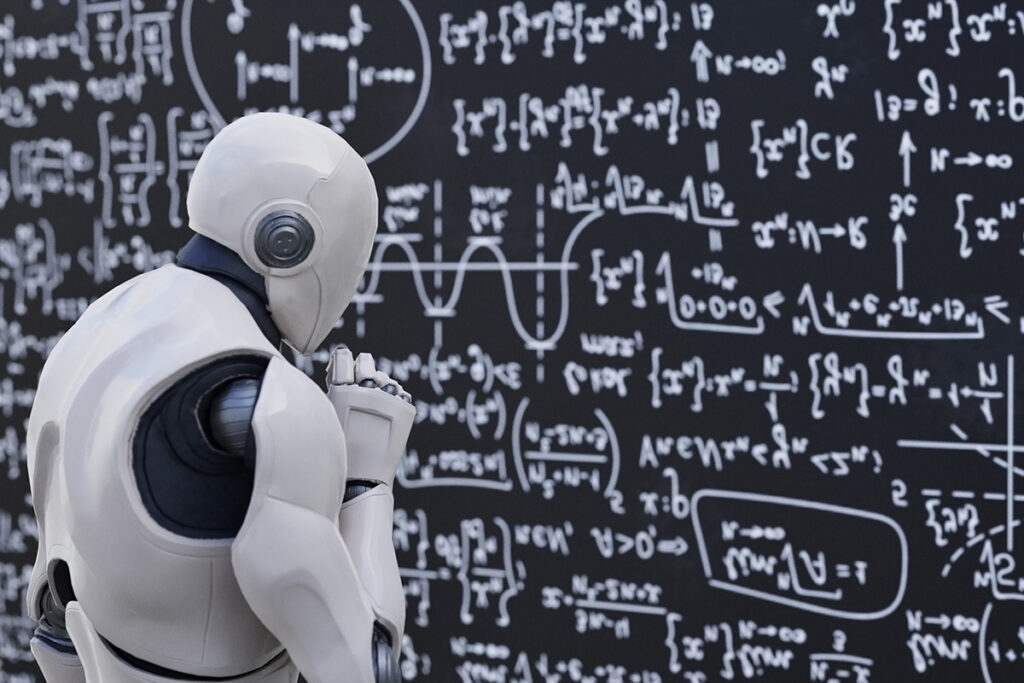Artificial intelligence continues to push boundaries in mathematics, excelling at olympiad-level problems and generating innovative proofs in fields like geometry. However, a new benchmark called FrontierMath has exposed critical limitations in AI’s ability to handle the complexities of advanced mathematical reasoning.
Developed by a team of over 60 mathematicians from leading institutions, FrontierMath sets a higher bar for assessing AI’s mathematical capabilities. Unlike earlier evaluations such as the GSM8K dataset or the International Mathematical Olympiad, FrontierMath targets problems beyond high school mathematics, delving into areas of contemporary mathematical research. The benchmark also addresses concerns like data contamination, where AI systems inadvertently train on the very problems they are tested on, undermining the validity of prior assessments.
To ensure the integrity of FrontierMath, its creators implemented strict criteria. Each problem was required to be completely original, ensuring that AI systems would rely on true problem-solving skills rather than pattern recognition. Additionally, the problems were designed to minimize the effectiveness of guessing, remain computationally feasible, and be straightforward to verify. The benchmark’s reliability was further strengthened through a comprehensive peer-review process, making it an essential tool for evaluating advanced AI reasoning.
Initial results from FrontierMath reveal a sobering reality: today’s AI systems solved fewer than 2% of the benchmark’s problems. This performance gap underscores the significant disparity between current AI capabilities and the expertise of human mathematicians. The problems demand not just logical processing but also deep creativity and insight—domains where AI still lags far behind.
While the high difficulty of FrontierMath limits its utility for comparing current AI models, its developers argue that it will become an essential standard as AI continues to evolve. For now, the benchmark highlights the pressing need for breakthroughs in AI’s reasoning abilities and serves as a roadmap for future development.
FrontierMath also signals a broader shift in how AI performance is evaluated. Early successes relied on familiar datasets and well-defined challenges, but this new benchmark prioritizes problems that demand profound reasoning and originality—traits that remain quintessentially human in the realm of mathematics.
As researchers work to address the gaps highlighted by FrontierMath, the benchmark is set to play a crucial role in shaping the future of AI-driven mathematics. By exposing current shortcomings and charting a path forward, FrontierMath challenges AI to transcend its limitations and unlock new possibilities in mathematical discovery.


